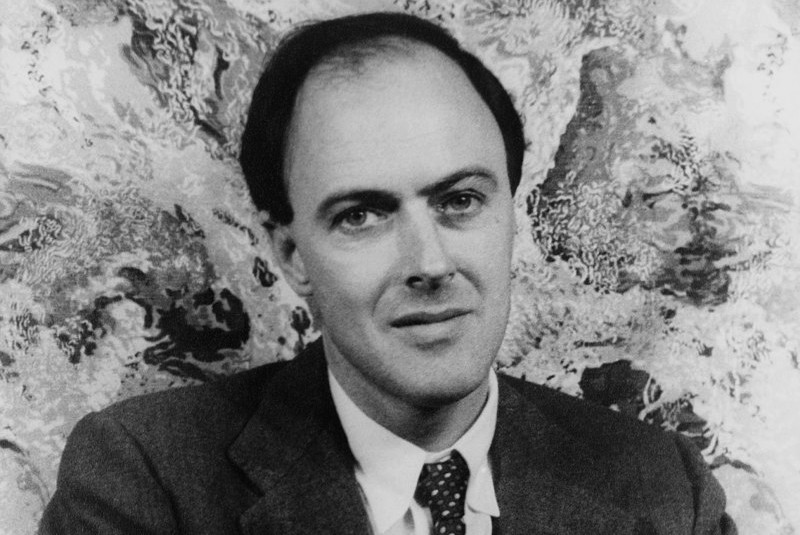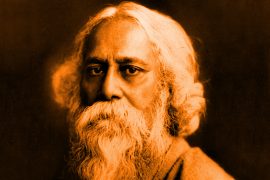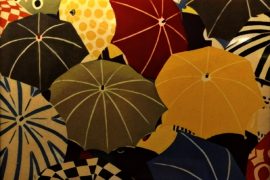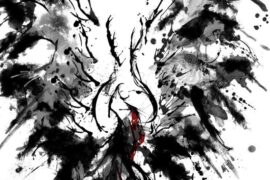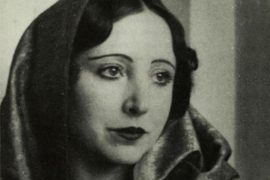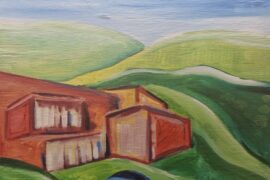Children, as psychologists contend, can offer amazing insights. As physicist Robert Oppenheimer once articulated, “There are children playing in the street who could solve some of my top problems in physics because they have modes of perception that I lost long ago.” This is not all. If we think as most of us do — that children are little, lovely angels — our childhood is a wonderful window of opportunity. Children love to explore the world around, just as adults learn about themselves. Childhood is obviously a wonderful phase, the theme song of joy, dreams and imaginative ecstasy too. To quote Samuel Wood worth, the American author, “How dear to this heart are the scenes of my childhood/When fond recollection recalls them to view:/The orchard, the meadow, the deep-tangled wild wood,/And every loved spot which my infancy knew.’’
Not every child’s canvas is a happy experience, though. Picture this: child abuse, trauma, rape, terror, parental hypocrisy. The list is endless. Add to this the plight of kids being caught between ethnic crossfire, as in the killing fields across the world, and you have a disturbing, appallingly pathetic scenario: of terrifying moments which become memories emblazoned in the child’s emotional circuitry. Of horrors, frozen in memory, including a complete sense of helplessness.
Classy Chemistry
Roald Dahl’s classy fictional chemistry had this distinctive element: a twist of cruelty. A case in point: Dahl’s bestselling children’s book, Charlie and the Chocolate Factory, in which naughty kids are turned into giant blueberries, or sucked into chocolate rivers, never to be heard of again. Yes, Dahl’s use of violence and surprise denouement was brilliant, craftily masterful, and as appealing as moralistic fairy tale candour. And, his way of justice? “Hansel pushes the witch into the oven.” Quite simply, macabre. Yet, millions of children and adults alike read his books and watch(ed) movies made from his screenplays. Why? Dahl has, doubtless, touched on something that all people on the living planet have in common.
-30-
Copyright©Madras Courier, All Rights Reserved. You may share using our article tools. Please don't cut articles from madrascourier.com and redistribute by email, post to the web, mobile phone or social media.Please send in your feed back and comments to [email protected]

